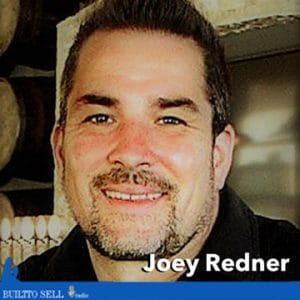About this episode
Joey Redner started Cigar City Brewing in Tampa Bay in 2009 with a vision of being the first quality craft beer in Tampa at a time when craft beer was gaining popularity across the country.
To read a transcript of this episode, click here.
Redner brewed 1,000 barrels of beer in his first year and had the goal of one day brewing 5,000 barrels.
Apparently, Tampa Bay had a different idea—the company took off and, by 2015, Redner was brewing 55,000 barrels of beer.
Then Dale Katechis, owner of Oskar Blues Brewery, approached Redner about selling his company.
In this episode, you’ll learn:
- How Redner got Oskar Blues to triple their original offer.
- The surprising reason Redner decided to sell.
- How an equity rollover works.
- What you should look for in an advisor.
- The one thing Redner wished he had done differently during the negotiation.
- The definition of “swim to shore’ money.
Redner decided to sell because he was tired of having to personally guarantee the debt that his company needed to expand. If you’re reaching a similar fork in the road, you may want to consider leveraging The Value Builder System™. We work with entrepreneurs to help you understand your options for exiting your business. Get started for free by getting your Value Builder Score.
Check out our article on The Acquisition Entrepreneur.

About Our Guest
Joey Redner is the founder and C.E.O. of Cigar City Brewing in Tampa, Florida. Joey founded Cigar City Brewing in 2008 to fill a microbrewery-shaped hole in Florida and his hometown of Tampa Bay specifically. A lifelong Floridian craft beer drinker, Joey heard the lament of Floridians searching for quality, variety, and local flavor in their beer and from that seed Joey grew Cigar City Brewing. Under Joey, Cigar City Brewing has seen unprecedented growth. The company has grown from two employees in 2009 to over fifty employees in 2013; from producing 960 barrels of beer in 2009 to a capacity of 60,000 barrels in 2013; and from local unknown beermaker to regional favorite brewery.


